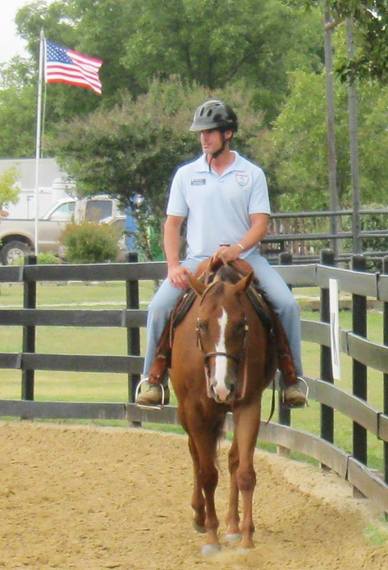Entitlement is an ugly word. Most people probably don't associate entitlement with veterans. But I came home from Iraq with a healthy dose of it.
Returning from the war, I was shocked at how little had changed at home. People still went shopping. They worked. They threw their kids birthday parties. They watched "The Bachelor" and "The Bachelorette." They seemed to be living their lives in blissful ignorance of the sacrifices being made daily by their countrymen a half a world away -- countrymen whose lives were on the line every single day.
I could hardly believe how disconnected most people seemed from what I had just endured. My disbelief led to resentment. Resentment led to a sense of entitlement. I figured if my friends and I willingly marched into harm's way when no one else would, than they owed us.
If not given the deference I believed due, I could become very angry, very quickly.
Ironically, many well-intentioned people perpetuated this sense of entitlement through no fault of their own other than a genuine desire to express gratitude. They called me a "hero," offered discounts on goods and services, free tickets to events, and lavished praise for my service. In my mind, these gestures reinforced the divide between us, emphasizing even more the fact that most of the country hasn't been required to sacrifice much since 9/11/01.
What I couldn't see at the time was how deeply flawed this way of thinking is -- and how unhealthy it is for the veteran who sees things this way. I didn't understand how it further isolated me from friends and family. I didn't make the connection between the bitterness and the deep depression that gripped me. Were it not for the detrimental impact my behavior was having on my kids, I might never have reached out for help. But I eventually did -- and it changed everything.
Counseling taught me to examine the thoughts I had and make the connection between those thoughts and my feelings. The more closely I looked, the more dysfunctional my beliefs appeared. I started working to replace them with more rational thoughts. As I did, the depression lifted and I began to feel better. With my own house in order, I started looking for ways to serve again.
Today I work as the Program Counselor at Equest in Wylie, Texas. There, we run an equine program for veterans and military families called "Hooves for Heroes." At the ranch, we leverage the incredible healing power of horses to help transitioning veterans identify distorted thoughts and replace them with healthier, more realistic ones. Something about working with the horses makes this process less threatening for a veteran, particularly one trapped by the bitterness that comes from a feeling of frustrated entitlement.
What is the new perspective these warriors develop? Quite often, it looks something like this: The divide between civilian and military cultures is ours to fix. We are not entitled to special treatment because we served -- we volunteered. Ours was an oath of acceptance that we are servants first and foremost. We didn't take it because we would be given a 10 percent discount at the hardware store if we returned.
Does this mean that we must quietly bear the burden alone without advocating for change? Absolutely not.
As warriors, we know, perhaps more acutely that anyone, how important it is to take responsibility for our country. We embody the ideal of shared sacrifice. It is up to us to model what engaged, responsible citizenship means -- not to see ourselves as a privileged class separate from civilians and entitled to special consideration.
Our ranks are small. But it is up to us to swell these ranks with our countrymen, who are hungry for a sense of collective purpose -- not to further isolate from them, comforting ourselves with righteous indignation and a distorted sense of entitlement.
No one owes us anything. We owe it to ourselves and our country.
